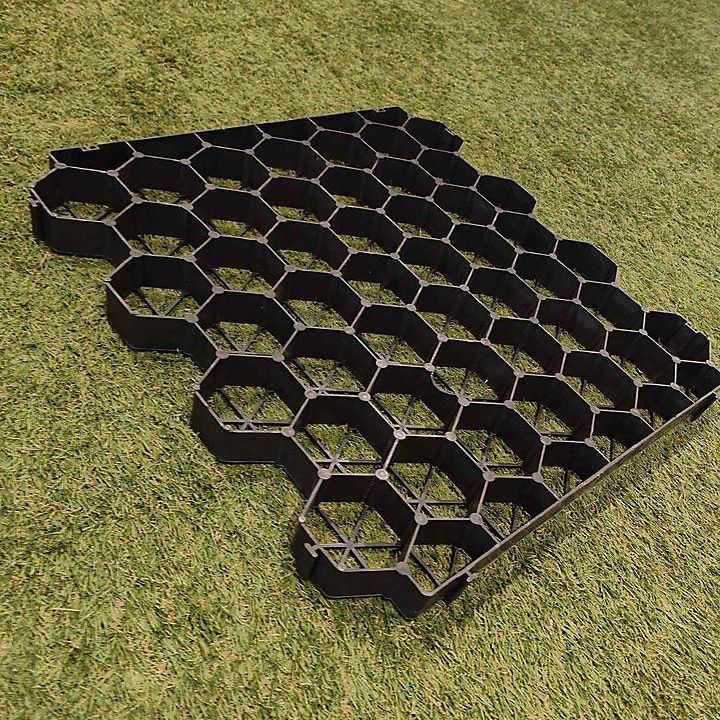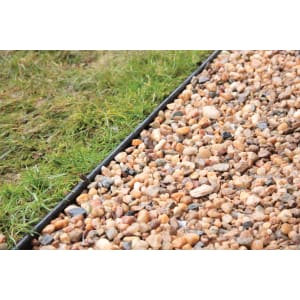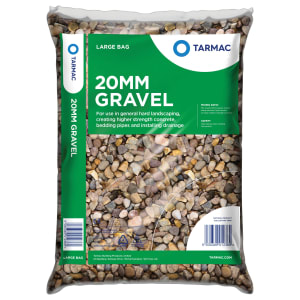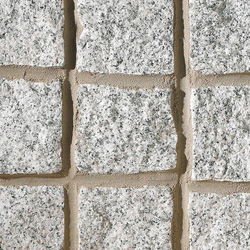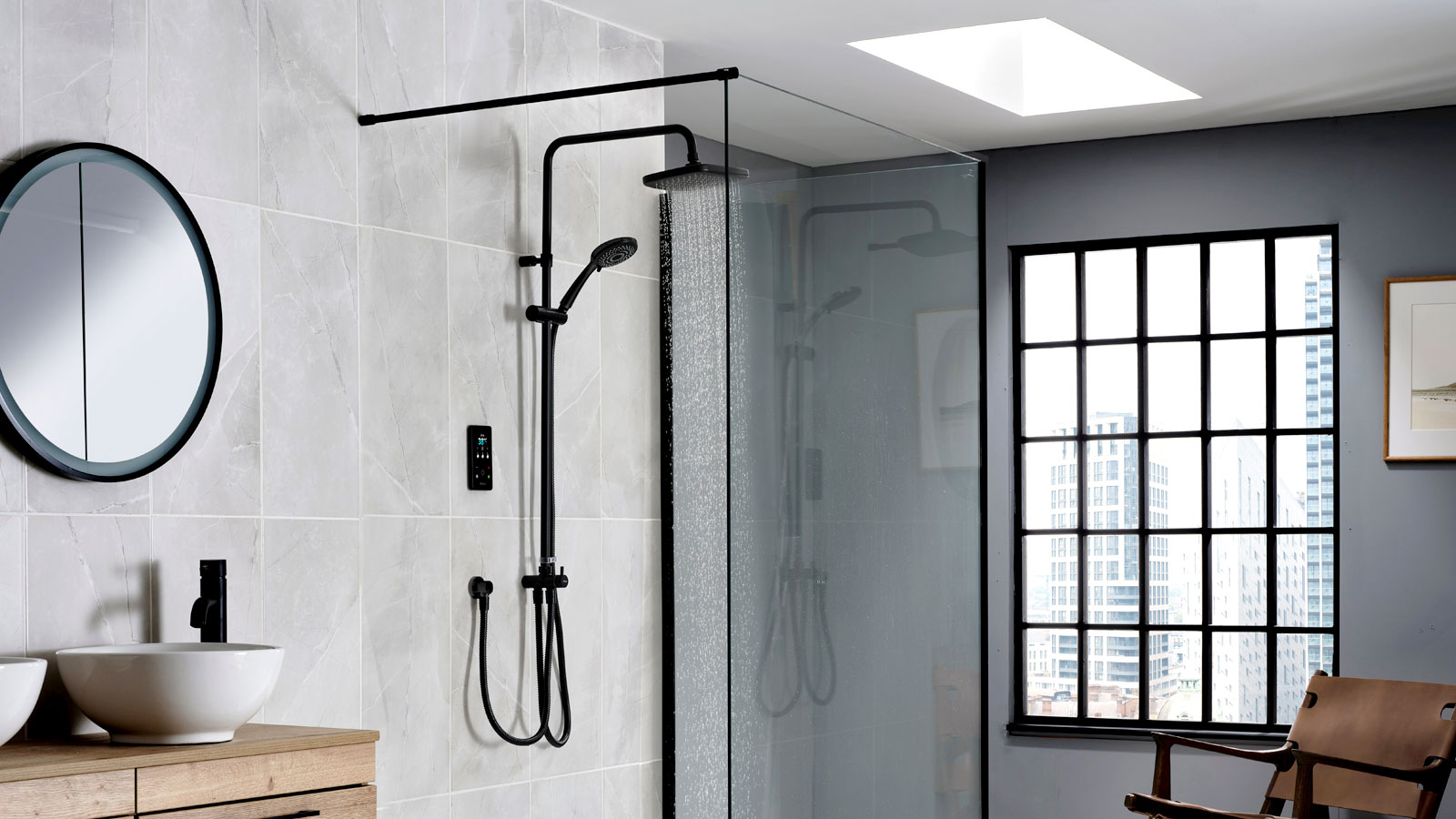What are the best driveway materials? We explore your options for a smart new finish
Choosing the best driveway materials will come down to style, design, cost and practicality. We dive into the most popular choices to help you decide
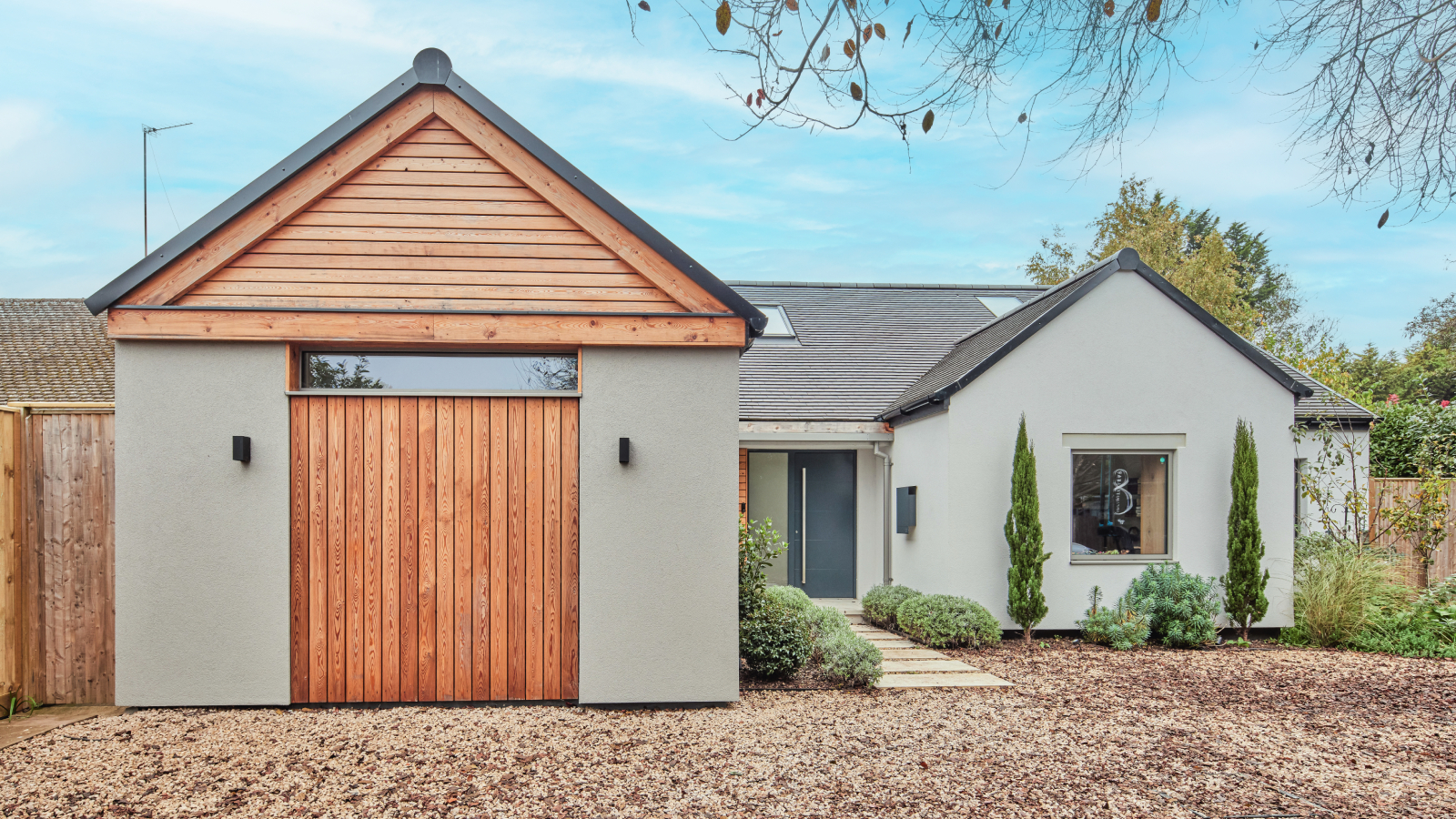
Bring your dream home to life with expert advice, how to guides and design inspiration. Sign up for our newsletter and get two free tickets to a Homebuilding & Renovating Show near you.
You are now subscribed
Your newsletter sign-up was successful
When considering what will be the best driveway material for your project, it isn't just about aesthetics, it's also about how the material suits your home, how practical it is and if it meets your needs.
Add into the equation maintenance, drainage, parking and costs and it can make coming to a decision a little harder than you might think.
In this guide to the best driveway materials, we take a look at some of the most popular options and weigh up their pros and cons to help you choose the right driveway idea that successfully balances style and substance.
What to consider when choosing the best driveway materials
"Choosing the right material for a driveway depends on the setting, your budget, and wider environmental considerations," says Rosie Wilkins, founder of Rosie Wilkins Landscape Design.
"My preferred materials for driveways in the UK include block paving, cobbles or setts, and gravel, often in combination to add interest and structure to the space," she says.
On the flipside, "materials I try to avoid using for driveways include resin-bound and resin-bonded, porcelain tiles and slab paving," she adds. But, that said, in order to choose the best driveway materials, it's important to understand the pros and cons so you can be confident your driveway design works for you and your home.

Rosie Wilkins studied Landscape Architecture at the University of Sheffield, and now heads up Rosie Wilkins Landscape Design. She enjoys working on both domestic and small public projects.
Gravel – a cost-effective solution that still brings plenty of style
As one of the most popular driveway materials, gravel driveway ideas can work in both modern and more traditional settings. It's also a budget-conscious solution if you're keeping an eye on your driveway costs.
Bring your dream home to life with expert advice, how to guides and design inspiration. Sign up for our newsletter and get two free tickets to a Homebuilding & Renovating Show near you.
"Gravel is typically the most cost-effective and permeable option and has the added benefit of acting as a subtle security feature due to the sound it makes underfoot or from vehicles," says Rosie Wilkins.
"Gravel suits a wide range of design styles, especially when paired with clean edging and installed in stabilisation grids to help keep it in place," she adds.
"Although some may consider the periodic topping up or raking some of its cons, it’s relatively easy to maintain," says Rosie, "and allows for a natural, informal look that blends well with planting."
"Self-binding gravel (a type of gravel that is SuDs-compliant) is also an option and can offer a solution that's more solid in nature," says Mark Brinkley, the author of the ever-popular Housebuilder’s Bible and an experienced builder.
Gravel can also be the best driveway material to choose if you're considering a DIY route, and understand how to lay a gravel driveway. Just be sure to allow enough time to lay enough stone and make sure you consider your driveway edging options too, to ensure gravel isn't constantly escaping and ruining your front garden ideas.
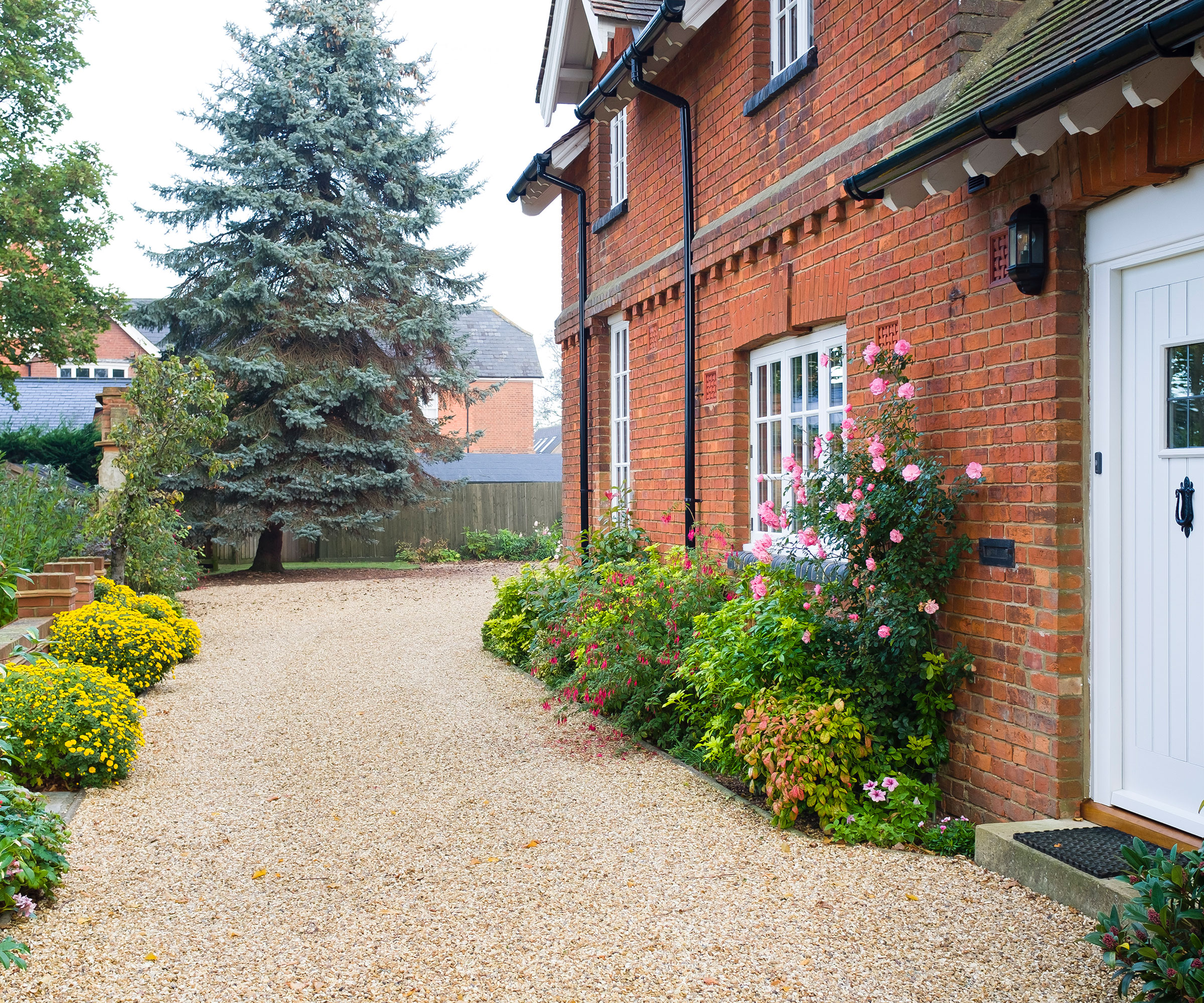

Mark is the author of Housebuilder’s Bible and an experienced builder. The Housebuilder’s Bible is the go-to hardback for self builders; originally published in 1994, it is updated every two years with up-to-date build costs and information on planning and building regulations, and is currently in its 14th reiteration. He has written for publications such as Homebuilding & Renovating for over three decades. An experienced self-builder, his latest self-build, a contemporary eco home built to Passivhaus principles, was created on a tight urban brownfield plot.
Gravel driveway essentials
Block paving – a more solid choice both in terms of style and material
"Block paving, whether in stone, brick, or concrete, is versatile and durable," says Rosie Wilkins. "The colours available and the ability to lay them in a variety of block paving patterns mean it can be specified to suit a wide range of design styles."
If you're looking for a neat finish that's easy to maintain block paving could be the best driveway material for you, particularly if you will be parking on your driveway making it subject to relatively heavy wear and tear.
"Block paving holds up well under regular vehicle use and is relatively easy to maintain, with blocks able to be lifted and replaced individually if needed," notes Rosie.
"Many block paving systems can also be laid with permeable joints to comply with SuDS drainage requirements, which can help avoid planning complications and reduce surface water runoff. Where possible, opting for locally sourced or recycled stone or concrete blocks can help further reduce the environmental impact," she adds.
Permeable paving such as this Modal X Priora Textured Pavers from Marshalls can offer an all round block paving solution.
"On the downside, as each unit is laid individually, completing a block paved driveway is more time-consuming than other materials. And, as professionals will be required to lay it, this means it's an option that comes at a higher cost than some other driveway materials," adds Mark Brinkley.
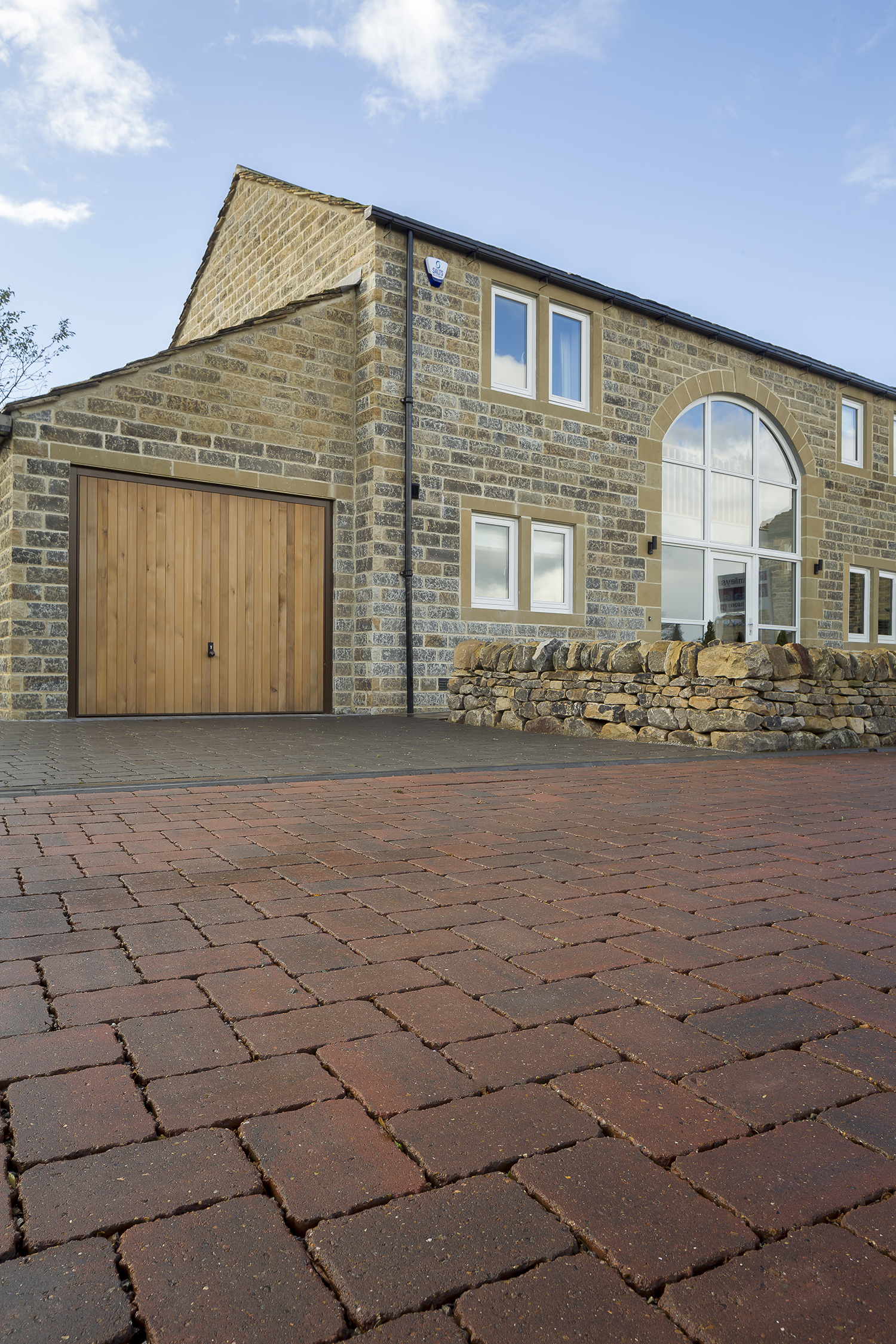
Concrete – long lasting but a less eco-friendly choice
"Concrete is a durable and low-maintenance material often selected for its longevity and functional properties," says Rosie Wilkins.
"In fact it can last more than 20 years when designed and installed correctly. There’s a selection of colour options to choose from, too, and you can even paint over the surface if you fancy a change in the future," says Mark Brinkley.
However, good installation is essential to ensure water runoff is not an issue. In addition, it may not be the best driveway material if you're looking into building an eco home.
"Concrete is resource-intensive to produce and contributes to the urban heat island effect, where urban areas become significantly warmer than their rural surroundings," warns Rosie.
"Traditional concrete is typically impermeable, which doesn’t comply with sustainable drainage requirements," she adds.
Permeable concrete, or porous concrete, is available as an alternative. However, it requires regular maintenance to prevent clogging from debris, ensuring its permeability remains effective.
"For those looking to reduce their environmental footprint, concrete grid systems can be a more eco-friendly choice," suggests Rosie. "The grid structure is strong enough to support vehicle weight, while the gaps provide effective drainage and allow for planting.
"These gaps can be filled with grass or hardy ground covers, introducing greenery to your driveway and adding ecological value. This option offers a practical solution that combines functionality with environmental benefits.
"It's also worth bearing in mind that concrete can be prone to discolouration, especially if the surface comes into contact with oil. Cracking is also a potential issue in cases where the concrete has been poorly laid," notes Mark.
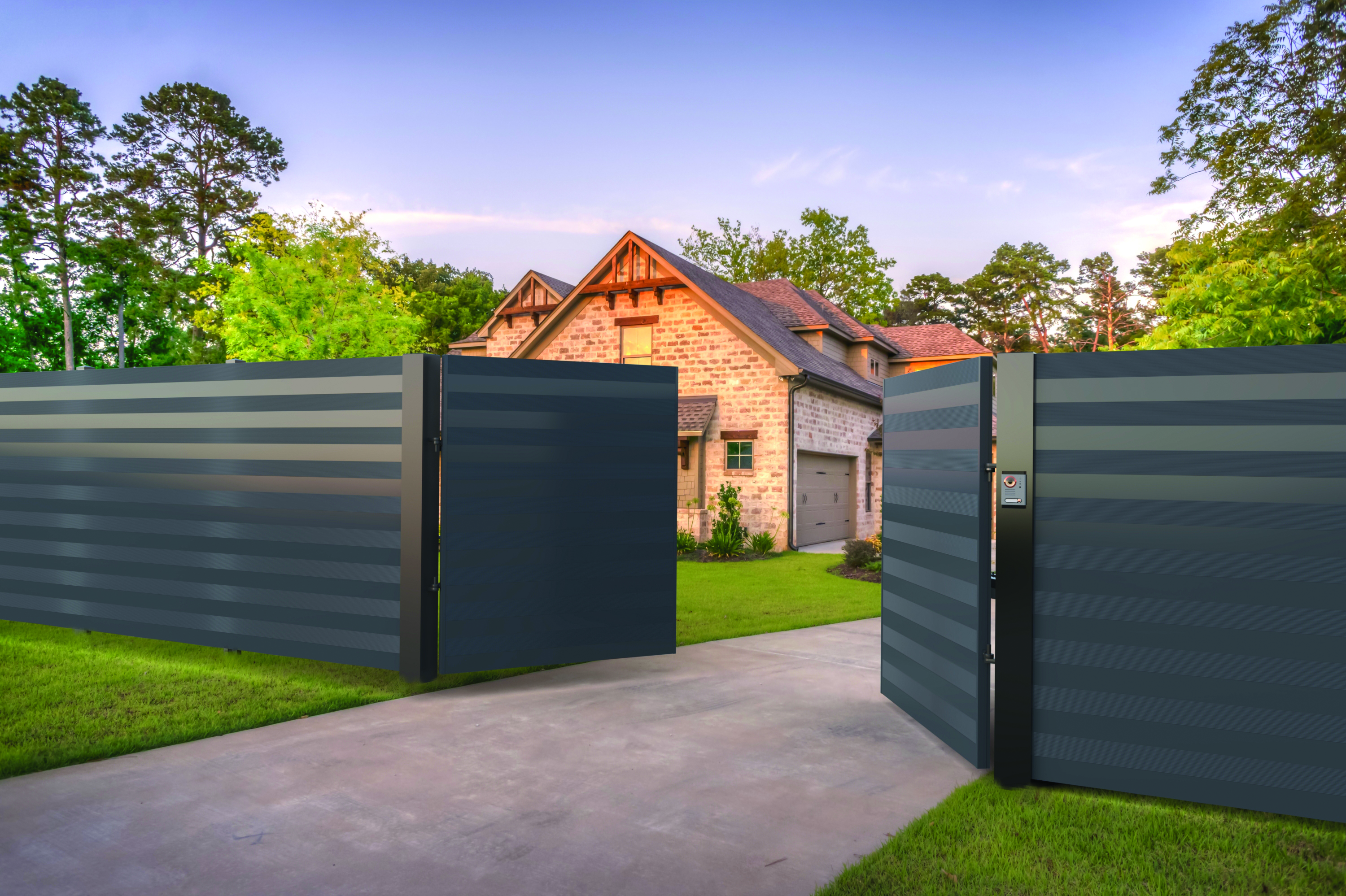
Tarmac – durable but potentially too industrial for a domestic setting
Tarmac, or asphalt is considered by many to offer a durable, cost-effective surfacing solution for your driveway. A high-quality sealant finish can also makes it a low-maintenance option (although this will reduce permeability). You can expect to get as service life of around 20 years from this driveway material.
"It's often chosen for its smooth surface, cost-effectiveness and ability to handle high-traffic areas, plus it's relatively easy and quick to lay, making it an appealing option for larger driveways," confirms Rosie Wilkins.
"However, asphalt is typically non-permeable, which means it doesn’t comply with sustainable drainage planning regulations," she notes. Using it will mean you need to install a driveway soakaway. Like concrete, asphalt also contributes to the urban heat island effect, as it absorbs and retains heat.
"While asphalt can be made from recycled materials, and recycled itself, I always try to choose a more sustainable material where possible,' adds Rosie. "Aesthetically, it can have quite an industrial appearance too, which can be a bit out of place for a domestic setting."
"And, although there are alternative colour options to the typical dark grey hue, there is less scope to transform a tarmac surface into an eye-catching design statement," says Mark Brinkley.
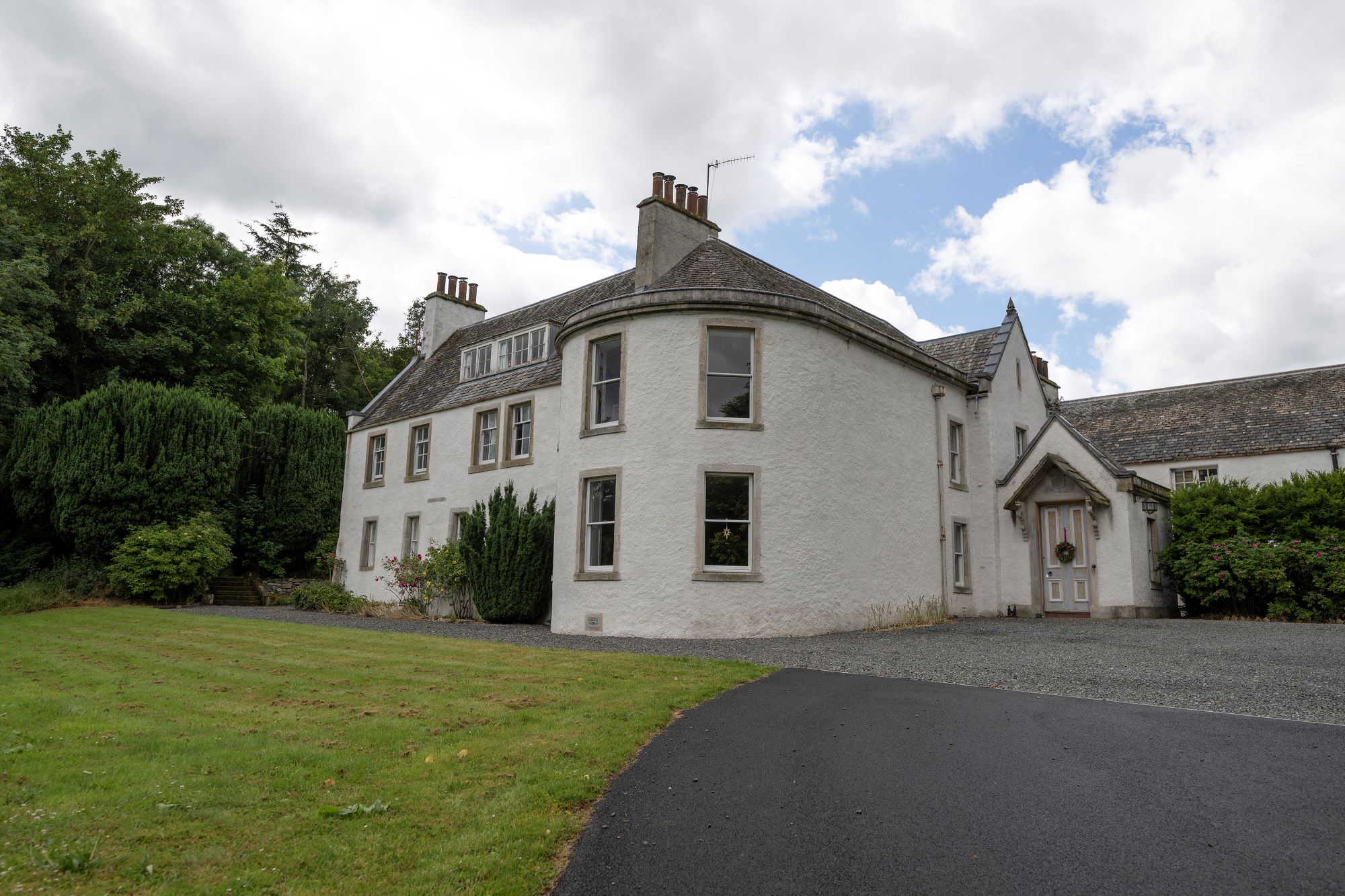
Cobbles and setts – perfect in traditional settings
Cobbles and setts are typically made from natural stone and can be a great option when a more traditional or heritage look is wanted. They can also work well in rural settings or with oak frame home ideas for example.
On the plus side, "they are extremely hard-wearing and age beautifully, making them an ideal choice for older or rural properties," says Rosie Wilkins.
"And, although they tend to be more expensive and labour-intensive to install," she adds, which may prove a negative to some homeowners, "they have timeless appeal and a long lifespan, making them an investment in sustainability."
That said, if for reasons such as accessibility you need a need a smooth, flat finish on your driveway, "because of their textured finish, they may also feel uneven underfoot if not laid carefully," warns Rosie.
Resin driveways – A premium choice but a sophisticated finish
Although resin driveway costs sit at the higher end of most budgets, they offer a smooth, even surface across the whole driveway.
However, there are two types available and it's important to understand the difference.
"Resin-bound driveways are often chosen for their sleek, seamless appearance and permeability. While they can provide an attractive and smooth finish, they tend to deteriorate relatively quickly, especially under heavy use or if installed poorly," says Rosie Wilkins.
"Resin-bonded driveways, on the other hand, are non-permeable," she notes, "and these driveways are more prone to cracking, especially under heavy traffic."
On the plus side, a variety of colours is available but it is recommended you install a resin driveway using a professional.
Some also say it can require frequent repairs. "Additionally, the production of resin materials is often not eco-friendly," adds Rosie. "For these reasons, I generally don’t recommend resin surfaced driveways."
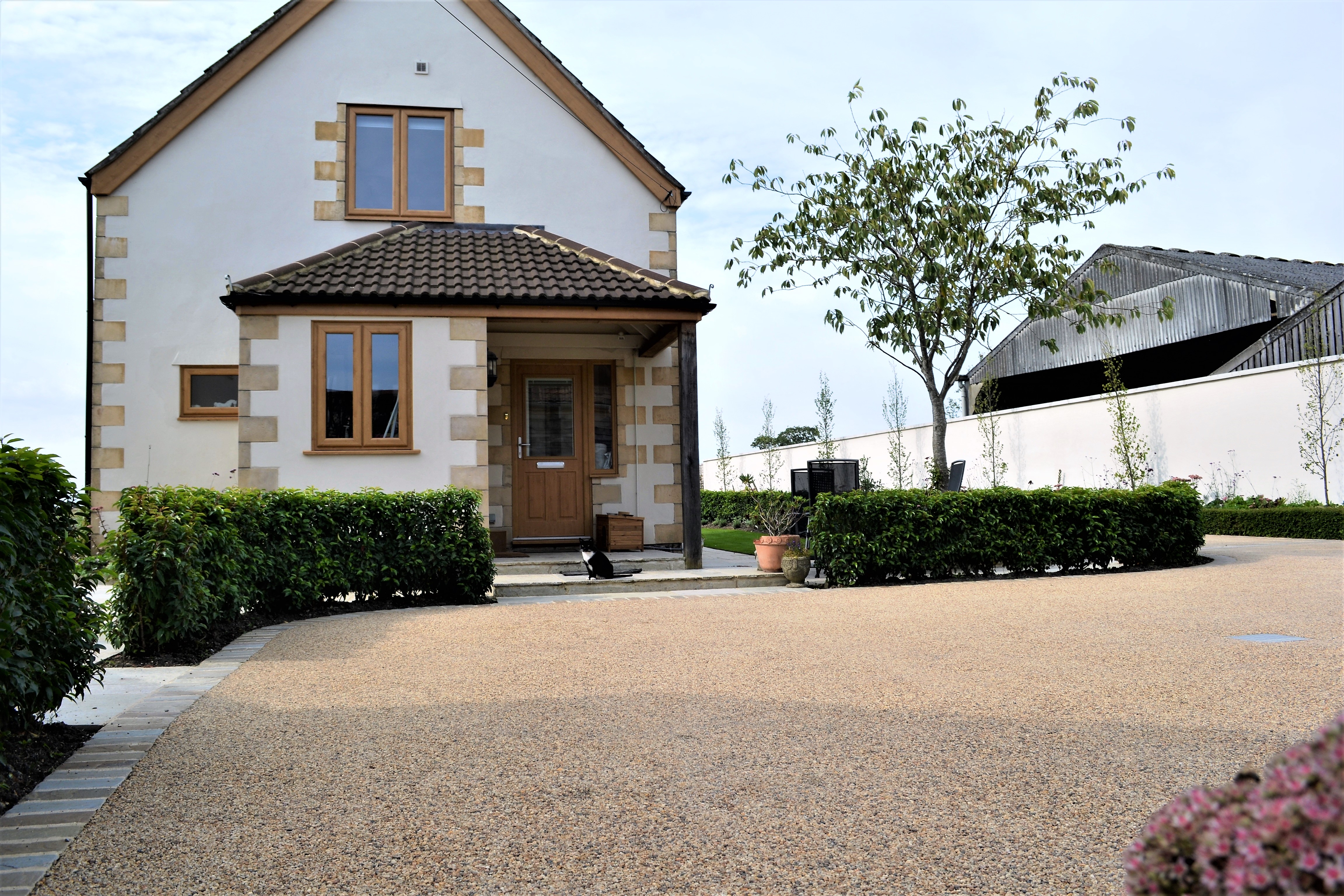
Porcelain tiles – not an option if your driveway is used by vehicles
Porcelain tiles can offer a sleek and modern appearance but they are not suitable for driveways due to their tendency to crack under the weight of vehicles. Although they could be used within a front garden driveway idea, for decorative areas or pathways, avoid using them where they could be driven on.
Due to the bound installation, a larger, heavier car will introduce a cantilever effect on porcelain used over a wide area, say the experts at Brett Landscaping.
"Depending on the product’s dimensions, it may exceed the surface’s flexural strength and result in cracking. Therefore, it’s important to specify a specialist system that can manage the load effectively.”
Porcelain also sits at the higher end of the market. Only use where it will be underfoot, rather than ridden on by a mode of transport.
Paving and stone pavers – make sure you choose a sturdy option
Slab paving and stone pavers offer a variety of pros and cons that need to be considered if you're wondering if it could be the best driveway material for your hard landscaping needs.
"Slab paving is a popular choice for outdoor spaces, but when used for driveways, especially slabs thinner than 50mm, it is prone to cracking and breaking under the weight of vehicles," warns Rosie Wilkins. "As with tiles, they could be used as part of the front garden design, but avoid using them where they could be driven on."
Stone pavers on the other hand are durable and offer a natural aesthetic. Pavers will retain their appearance over time, are frost resistant and in terms of maintenance, will need to be re-sealed every few years to protect against oil stains, for example.
"However, as you are working with a dense, solid material, you’ll need to ensure you incorporate an effective drainage solution. Before parting with any cash, ensure the type of stone you choose is suitable for the driveway (some options are only suitable for footpaths and patio areas) and can support the load of vehicles effectively. Stone pavers can be prohibitively expensive too," says Mark Brinkley.
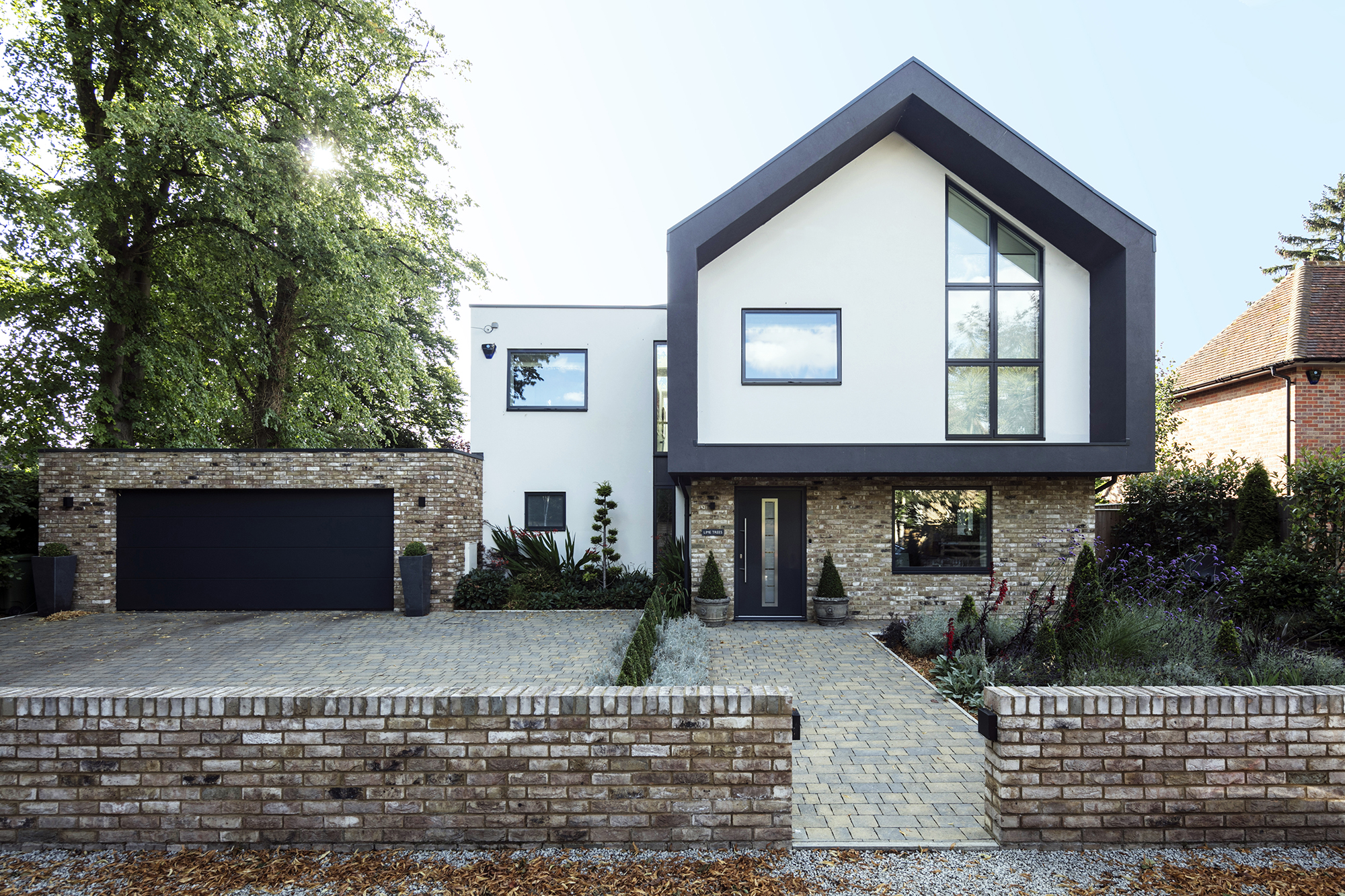
Reinforced grass paving – pretty but not always practical
"Grass paving is a SuDs-compliant option that comprises a concrete or plastic honeycomb form, typically 500mm x 500mm. The honeycomb structure carries the weight of people or vehicles and allows grass to grow through it. You can also use grass paving with gravel, which would not need to be self binding," explains Mark Brinkley.
"The drawbacks of grass paving is the same as with any grass surface, such as your lawn. There's the potential for weeds; it will need to be watered and fed to keep it looking its best; and don't forget the mowing."
It also won't last as long as a solid surface driveway, and isn't particularly well-suited for an accessible garden design, as the surface created is not flat. Specialists might be also required to lay this type of paving, which could drive up installation costs.
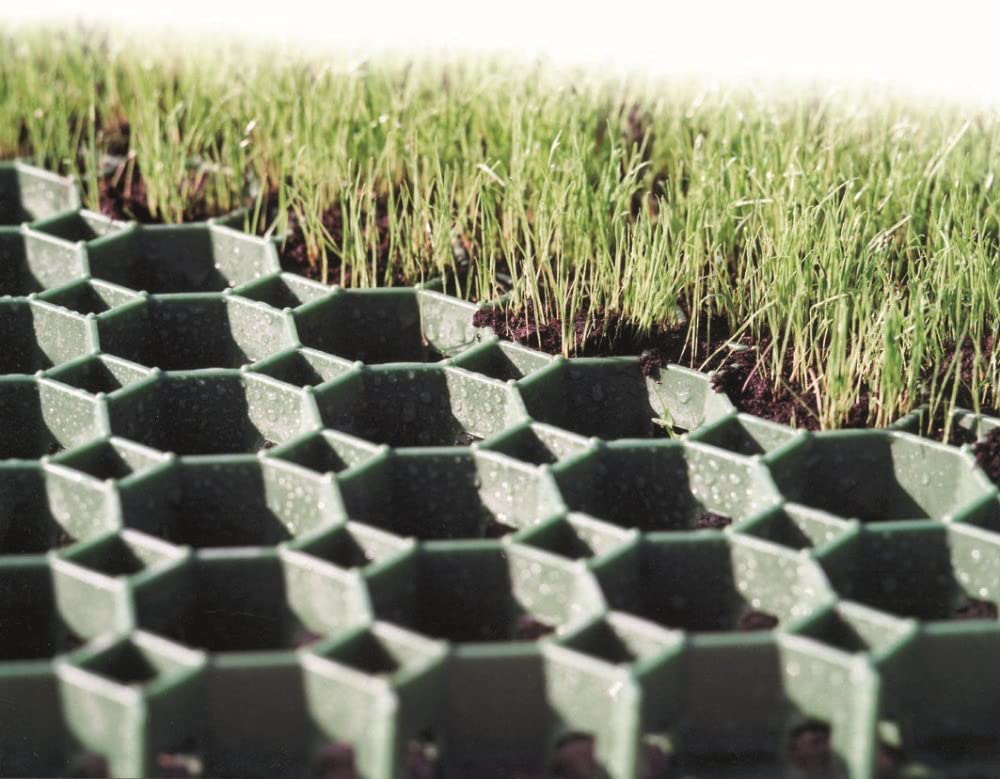
FAQs
What do the best driveway materials need as a base?
"Whatever driveway material you decide on, the base you lay should essentially be the same: ideally 100-150mm of hardcore. The most efficient method is to use machines to spread and tamp hardcore – digger buckets are particularly effective tampers," says Mark Brinkley.
"It is very useful to have hardcore laid as early as possible on a building job as it aids access and stops the site becoming a quagmire, but drain-laying timetables do not always allow this use of machinery. Whether it is worth getting machinery in later, just to lay hardcore, depends on the driveway’s size," he says.
Whether you're choosing the best driveway material for a self-build or renovation, make sure you follow the rules and regulations surrounding planning permission for driveways, and if you're tight on space consider if you could benefit from a rotating driveway.

Sarah is Homebuilding & Renovating’s Assistant Editor and joined the team in 2024. An established homes and interiors writer, Sarah has renovated and extended a number of properties, including a listing building and renovation project that featured on Grand Designs. Although she said she would never buy a listed property again, she has recently purchased a Grade II listed apartment. As it had already been professionally renovated, she has instead set her sights on tackling some changes to improve the building’s energy efficiency, as well as adding some personal touches to the interior.
